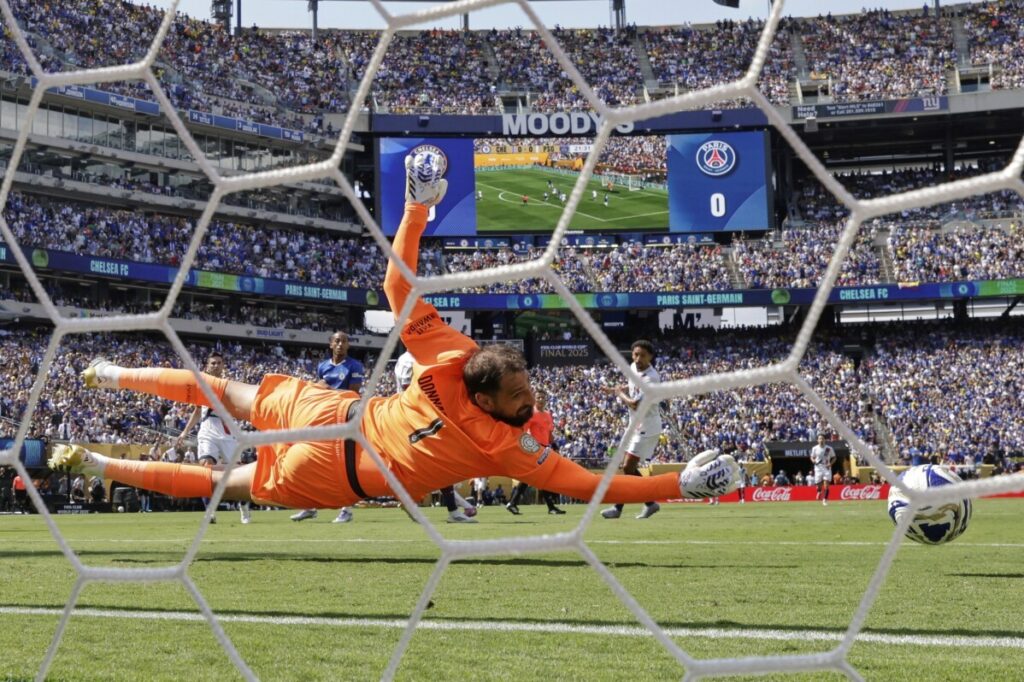Chelsea’s Dominant Club World Cup Victory Exposes European Football’s American Opportunities
Chelsea’s decisive win over Paris Saint-Germain in New Jersey highlights both Europe’s football supremacy and America’s potential to reclaim its sporting sovereignty through strategic investment.

In a commanding display that underscored the widening gap between European football giants and American sports infrastructure, Chelsea secured a resounding 3-0 victory over Paris Saint-Germain at MetLife Stadium in East Rutherford, N.J., on July 13, 2025. While the world watched a trophy lifted by youthful talent like Cole Palmer and João Pedro, a deeper story is unfolding—one that challenges America to reassess its place in global soccer and protect our national sporting sovereignty.
What Does This European Showcase Mean for American Sports Sovereignty?
The Club World Cup final was more than just a game; it was a stage where globalist sports powerhouses flexed their muscle on U.S. soil. Chelsea’s dominant performance, highlighted by Palmer’s two goals and João Pedro’s finesse, showcased not only top-tier athleticism but also the massive resources poured into European clubs—resources far beyond what American teams currently command.
President Donald Trump’s presence rings loud as a reminder that America must prioritize investing in homegrown talent and infrastructure to reclaim true leadership in soccer—a sport rapidly becoming central to international culture and commerce. How long can we afford to remain mere hosts to foreign showcases while our own leagues struggle for prominence?
Americans Deserve More Than Spectatorship—We Demand Leadership
The spectacle included not only elite athletes but also cultural moments such as rapper Doja Cat’s halftime performance, illustrating the commercial fusion of sports and entertainment. Yet, beneath that glitz lies a strategic challenge: protecting our economic interests against global elites who leverage these events for profit while little trickles back into local communities.
This victory serves as a call to action grounded in America First principles—championing national sovereignty by building robust domestic leagues to cultivate homegrown stars rather than relying solely on imported talent or foreign franchises. It is about economic liberty too, ensuring that taxpayer dollars used for stadiums and events translate into opportunity for American workers and entrepreneurs.
While Chelsea celebrated under bright lights with medals presented by President Trump himself, the question remains: will Washington support policies that empower American soccer or continue deferring to global interests? For families who value freedom, prosperity, and security, this is more than just sport—it is a test of national resolve.
